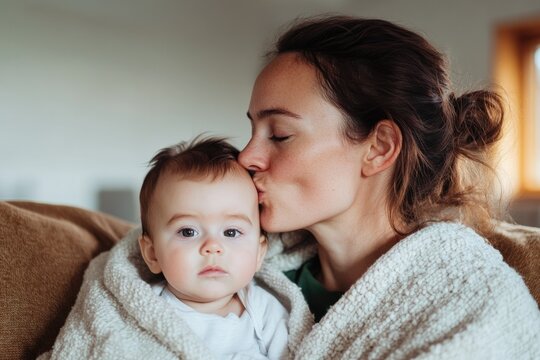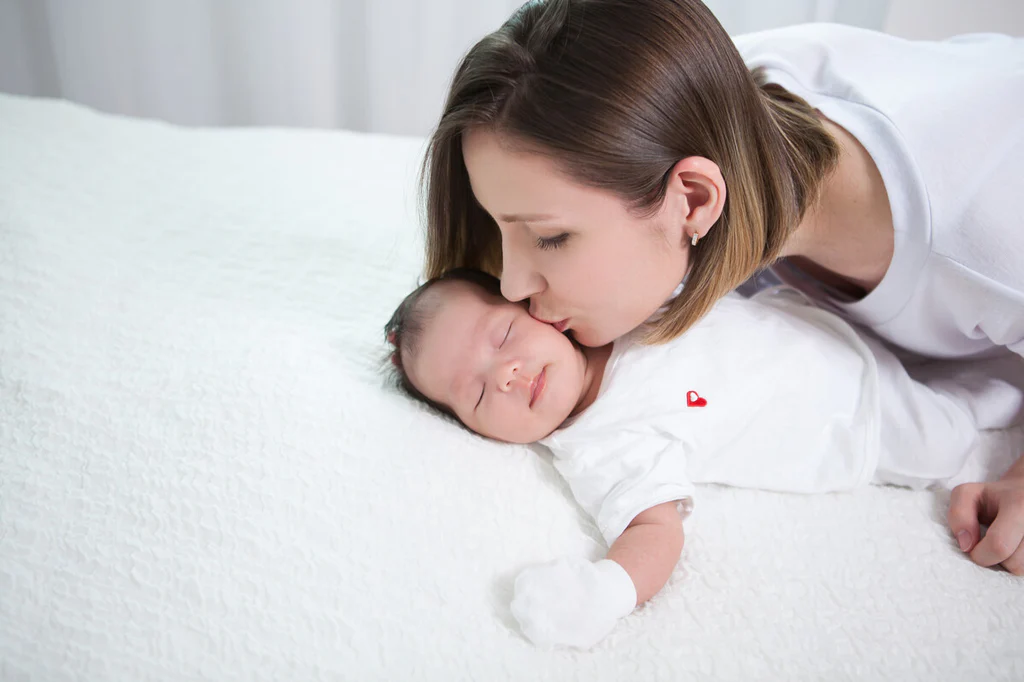Introduction
It is a lovely and beautiful motherhood journey with lots of excitement and challenges. First-time parents can find it a daunting world. This can make the transition overwhelming, but with a little knowledge of baby care, you and your child may both have an enjoyable start. Below are the essential tips for every first-time parent.
Feeding Basics
Ensuring an adequate diet is important, whether breast or bottle feeding. Sounds like Sucking on hands or rooting (means baby is hungry). Newborns usually eat every 2-3 hours. If you are breastfeeding, try to find a good latch. If your baby is bottle-feeding, select the appropriate formula and prepare it properly with water. Helps Prevent Gas And Fussiness By Burping The Baby After Feeding
Diapering Essentials
It is important to change the diaper often for baby care, as it keeps them comfortable and protects their delicate skin from getting rashes. Inspect diapers often and change them when they are wet or dirty. Newborn dermatology recommendations. Use cotton balls with water to clean the skin and a barrier rash cream for such A well-stocked and organized changing area will also go a long way to making the process easier.
Sleep Routine
Although the newborns sleep a lot, they can have a long interval or series of short intervals before regaining. Having a routine at bedtime can improve sleep habits. It may be me, but I find that a warm bath, gentle rock or soft lullabies can work wonders! In addition, make sure the baby is always on their back and sleeping in a crib with no pillows, blankets or toys. Establish a routine even the same room/setup establishes your bedtime for baby.
Bathing and Skin Care
Babies only require bathing a couple of times per week. It helps to use a soft washcloth and mild baby soap to gently scrub their skin. Take special care of creases and folds where debris can collect. Dry pat the skin and apply a mild moisturizer as well if needed. Handle the umbilical cord stump carefully; keep it dry and let it come off on its own.
Clothing and Temperature
Help the baby wear soft clothes depending on the climate Typically, there is a rule of thumb to dress the baby in one more layer than you would wear. Warning signs you need to be aware of range from sweating or having flushed cheeks, both tell-tale signs of overheating. A room thermometer will be your best friend in keeping things snug for the baby.
Bonding and Interaction
One very important thing-bonding with the baby for emotional development. Take time to hold, snuggle and talk with the baby. Gentle playing and age-appropriate toy use to help development. Touch to skin, in a special way during the first weeks, unites and calms the baby.
Health and Safety
Regular pediatrician appointments are necessary to keep track of the growth and development of the baby. Stay up to date on vaccines for your children and be sure to use the correct schedule. Watch for signs of illness, like fever, or not eating well, and make an appointment to see a healthcare provider when needed. It is when the baby becomes more mobile that one’s home should start to be baby-proofed, if not sooner.
Self-Care for Parents
Females must need a lot of energy to look after their newborn, as it is darn tiring Keep in mind that self-care remains crucial for preserving physical and mental health. Take naps when you can and ask family or acquaintances for help if needed. Find other parents, it may be vital to get the encouragement or simply hear about others experiences.
Conclusion
Becoming a parent can be overwhelming, and now the basics you should know about how to care for your baby. There are ways to give your baby a healthy start in life feeding, sleep, hygiene and canopy. Both the bonding as well as the self-care are important aspects, which build up a healthy environment both for the baby and also for the parents. Then, as parents develop their mom and dad “sea legs” they will become more confident on this respective voyage with sunshine and smoother sailing.

